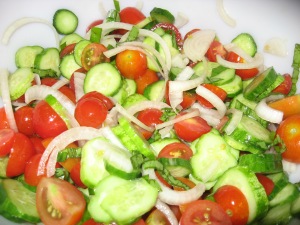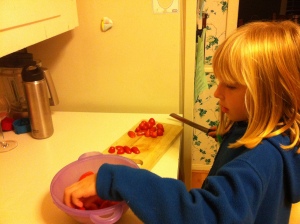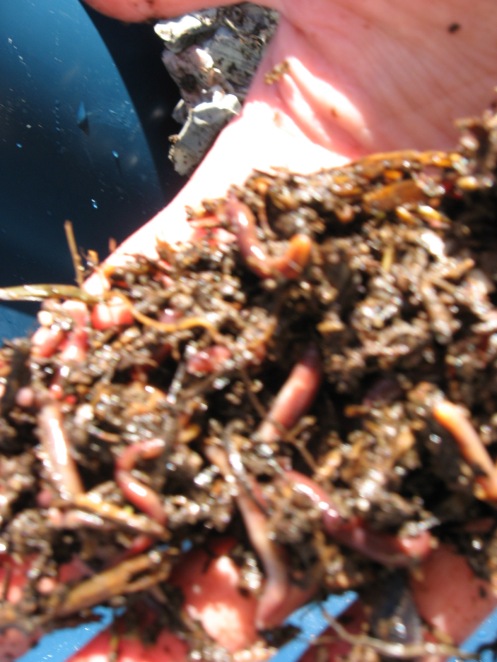This Saturday is the grand opening week of White Rock Local Market at Lakeside Baptist Church (on Garland Rd.). This new location will be open the 1st and 3rd Saturdays of the month, while the Greenspot location will continue on the 2nd and 4th Saturdays.
Texas Worm Ranch has been a vendor at WRLM since it’s very first market in 2009. Both the market, and the exposure to customers it has given us, has been a large part of how the Texas Worm Ranch grew from a hobby business in my garage to a 12,000 square foot warehouse with outdoor garden space today. Sarah Perry, the executive director at WRLM has become a friend, and someone I admire for having the persistence to get major projects done.
You might think there would be competition and bitterness between the vendors at the market, but I can honestly say I enjoy and appreciate them. My organic farmer friends are people I want to help succeed, so that we might have a healthier food system and planet. The Texas Honeybee Guild are dear friends and peaceful warriors protecting our precious pollinators. Their honey is local (which helps with allergies) and delicious, and I can attest to the magical healing power of their hand lotion bar–you won’t believe how it can heal cracked hands! The artisan bakers, cheese purveyors, jam makers, etc. are all great to share stories and trade goods with. Our community supports each other and it’s mission for good, local food.
Everything Markets bring local crafters, which is another element of fun. Live music, food trucks, Luscher’s Post Oak Red Hots (sinfully delicious Chicago style dogs with homemade condiments and fluffy, addictive buns) and Pop Star Handcrafted Popsicles are calorie-worthy treats well worth a walk, jog or ride at White Rock Lake afterwards.
Bundle up, come check out the new location, and count your blessings that we will now have local, naturally grown food and fun 4 weekends a month. I can assure you, we appreciate your support of local business. We return the investment with taxes, building leases, employees, and buying from as many local owned businesses as possible to keep our local economy healthy.
We will have a limited amount of 100% naturally grown produce this week, but we are expanding our garden space and getting ready to grow like crazy for you for the rest of the year! The extra dates for WRLM have given us the opportunity to do this–without a “marketplace”, it is much harder to take those investment risks.
In honor of the first market of the season, we are going to offer our customers that pre-order for this Saturday a one time deal:
Pre-order by Thursday at Noon (which helps us gauge how much product to bring):
Worm Wine: Regular Price: $7 Preorder Price: $5
10 lb Bag Worm Castings: Regular Price: $20 Preorder Price: $15
We can’t discount worms or worm bins, but if you want either, it is best to secure your order by preorder by Noon Thursday also.
Please Preorder by email: rancher@txwormranch.com
Thanks!
Heather Rinaldi and Steve Clary
Texas Worm Ranch



Recent Comments